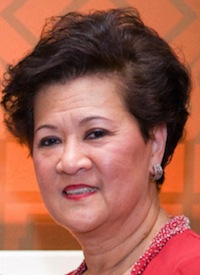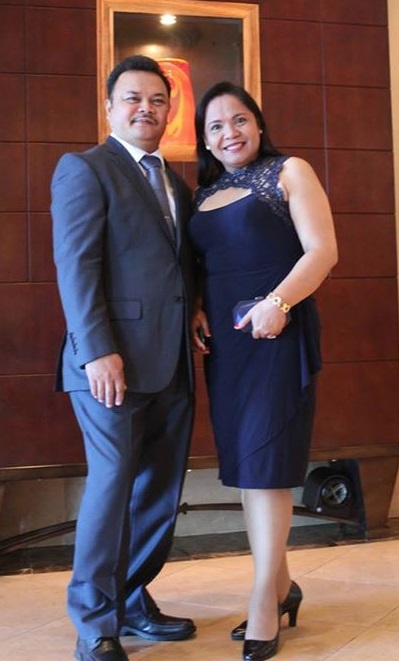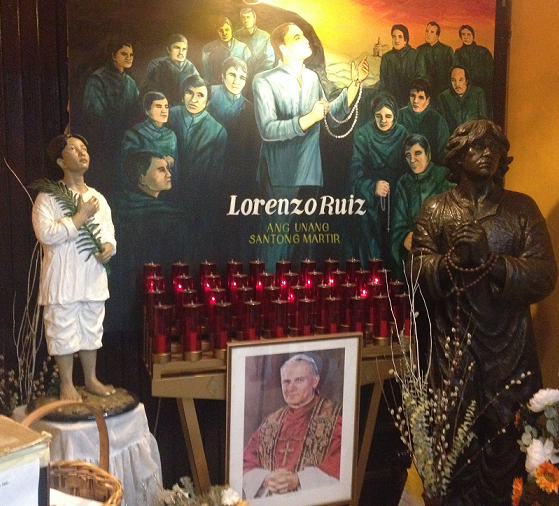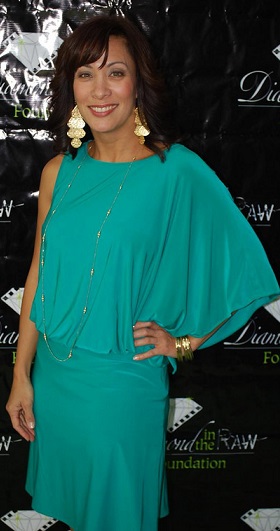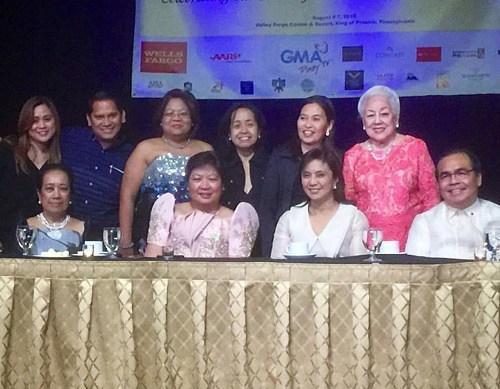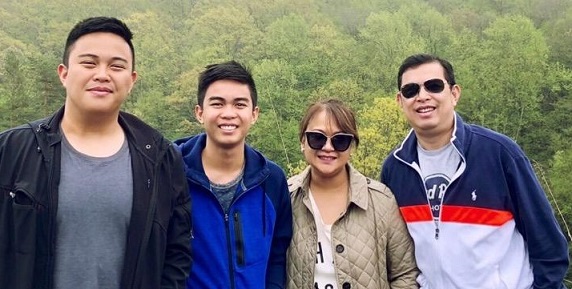‘If we want more content about Asians on Broadway, we need to produce them’
By Maricar CP HamptonVictor Lirio remembered his acting debut at age 4 in Manila. It led him to an imaginary land of kings and queens, castles and monarchies, stage and costumes, until he reached the exciting final destination: theater and directing. As a young child, he watched a lot of musicals. Gene Kelly’s “Singin’ in the Rain” and Judy Garland’s “The Wizard of Oz” would be his initiation into American-style theater.
He came to San Francisco at age 11 and learned as much as he could about theater. He trained as a dancer at the Academy of Ballet and participated in community productions. In between, he would catch the latest stage productions, like “Les Miserables,” “M Butterfly” and whatever else he could squeeze into his time.
He moved to New York looking for a place “where theater is 100 percent.” He was looking to further his training and, eventually, find work. In 1997, he booked his first production — the revival of “The King & I.” He later trained as an actor with one of theater’s highly respected actresses and directors, the Obie Award-winner Deborah Hedwall.
“She is the Uta Hagen of my generation,” he said.
In 2003, he founded the Diverse City Theater Company, which develops and produces original productions. DCT, one of the more important Filipino-led theater groups in New York, produced last year’s very successful “Suites by Sondheim,” featuring Filipino artists on Broadway singing the music of Stephen Sondheim. Lea Salonga led the cast.
In the following interview, Victor talks about how Diverse City is evolving and what he sees as the future of Filipinos on Broadway.
TF: There is talk about Asian Americans being underrepresented on Broadway. Is it an issue of race?
VL: I do not think that it is an issue of race. Does “underrepresentation” mean content or people? We, obviously, want to see ourselves represented on the big stage called Broadway. Stories about us, about people like us. But, if we want more content about Asians on Broadway, then we need to produce it ourselves.
For example, Hispanic Americans represent a larger part of the national population than African Americans. But, there is more commercial theater about the African American experience because there are African Americans who rise up to leadership roles as producers producing theater about them. They are important members of the commercial theater establishment. Asians with wealth, on the other hand, do not take risks in the theater.
TF: How did Diverse City Theater come about?
VL: It came about as a way to satisfy my need to have a venue for my work. Then it organically evolved into serving a much bigger purpose. It started when I decided to produce a play by a Filipino playwright, Linda Faigao-Hall, called “The Female Heart (Pusong Babae)” in which I played the lead role of Anghel. Noted off-Broadway director, Jamie Richards, directed it.
TF: How is DCT trying to address the issue of underrepresentation?
VL: The mission is to commission, develop and produce original plays. I want to create a theater company that also promotes non-traditional casting of actors by producing pieces traditionally cast with Caucasian actors—classical or contemporary—with actors of color.
TF: How do you see the future of Filipino actors in New York?
VL: We are the largest Asian American group in the theater, on- and off- Broadway. We have a new generation of inspired directors and playwrights rising to artistic leadership—and making names for themselves—such as Nelson Eusebio, May Adrales and Victor Maog. In addition, more collaboration is being formed. So I am confident and enthusiastic that our artistic community will continue to thrive.
TF: Any nuggets of wisdom for the new generation of theater actors?
VL: Read the book, “Letters to a Young Poet” by Rilke. And after reading the book, if you still want to pursue an artistic path—or rather, if you must—then march on! And while doing so, train — and train hard. Read the classics. It will help you explore and investigate deeper meaning when working on a contemporary piece. Most importantly, be insatiably curious. Replace certainty with wonder. Certainty is the death of art.
TF: How do you envision DCT evolving?
VL: The vision for DCT is to find, as well as commission, plays that explore what connects all of us regardless of our locale, race, sexuality, religion, age, gender or creed. With funding, I would like to form a global network of playwrights on the Internet, something like a playwrights exchange program worldwide.
The vision is for DCT to be sustainable. Last year was a terrible year. In the current economic landscape, it is a “grow or die” situation for many theater companies our size. The future is bleak for many arts organizations. But for DCT, extinction is not an option.
TF: Do you see a repeat of the Sondheim concert?
VL: There have been talks about Los Angeles and Manila productions. Nothing is confirmed at this time. But yes, there is immense interest from various parties.


